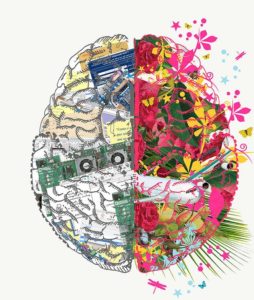Our Tip of the Month
Cognitive-behavioral therapy (CBT) for complicated grief uses cognitive (thinking) and behavioral techniques (doing) to help clients cope more effectively with grief. It can be a powerful tool in the healing process, helping the client come to terms with the reality of the loss and work through the emotional pain that surfaces as a result of the loss. If you are having difficulty readjusting to life without your loved one after they have died, working with a therapist who specializes in cognitive-behavioral therapy can be of great benefit.
How-to Suggestion
Cognitive-behavioral therapy is a combination of psychotherapy and behavioral therapy that focuses on a person’s cognitive processes (thoughts, images, beliefs and attitudes) and how these relate to the person’s behavior. It is based on the cognitive model, which posits that the way a person perceives a situation has more impact on their mood and behavior than the specifics of the situation itself. A cognitive-behavioral therapist will conduct a semi-structured interview and administer psychological tests to get an understanding of how your loss is impacting you. They will assess your symptoms, including anxiety, depression, attitudes and core beliefs. They will also collect some information about your history to better understand symptoms. The therapist will then work with you using practical techniques to change unhelpful patterns of thinking and behavior to improve mood and functioning.

 Our Monthly Tip: Cognitive-Behavioral Therapy for Grief
Our Monthly Tip: Cognitive-Behavioral Therapy for Grief




 “Comeback” by Prince
“Comeback” by Prince
 “Other Side” Documents Woman’s Fight To Die As She Wishes
“Other Side” Documents Woman’s Fight To Die As She Wishes














